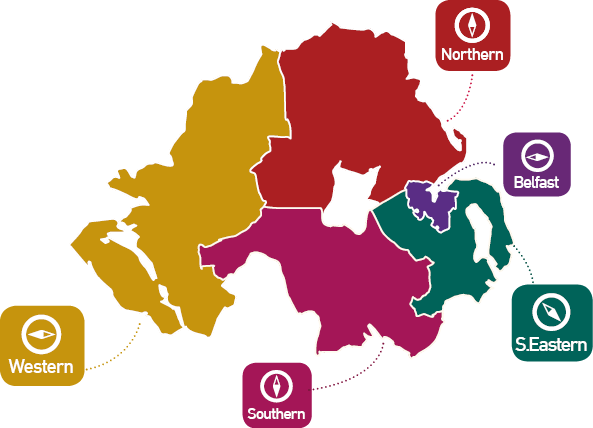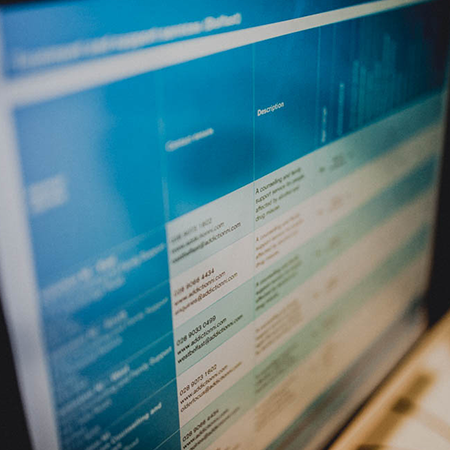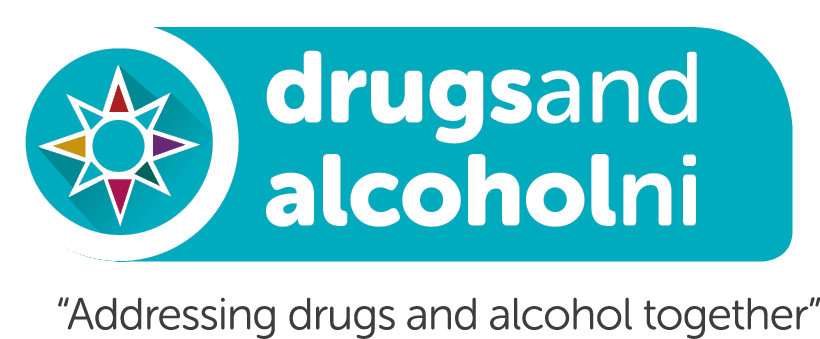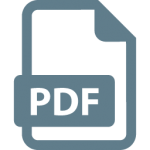DAMIS
(Drug and Alcohol Monitoring and Information System)DAMIS (Drug and Alcohol Monitoring and Information System) is an “early warning system” which government organisations use to find out about emerging trends in drug misuse, so we can act quickly and provide relevant information or advice to those who misuse drugs.
- A sudden increase in a particular drug being misused
- Drugs being misused in new ways
- New drugs becoming available (for example new legal highs)
- Contaminated drugs available in Northern Ireland
Lead partners: the Department of Health, the Department of Justice and the Police Service of Northern Ireland.

The information which DAMIS receives usually comes from local drug and alcohol support organisations, or from people who misuse or have misused substances themselves. These people may have contact with a wide range of individuals who misuse substances and are in an ideal position to tell us what is happening in their local area as soon as it happens. While DAMIS can be used to alert people to emerging risks around alcohol as well as drugs, so far, all DAMIS alerts have focussed on drugs.
DAMIS is confidential – this means that when providing information you should not identify individuals or give any personal details although however general information such as where the drugs are being used, and the gender and age of users is useful as it can help inform whether any follow up information or advice should be targeted at particular sections of the population and/or region.
Anyone can send information to DAMIS by emailing damis@hscni.net
WHO GETS INFORMATION FROM DAMIS?
Information is sent out to everyone on the DAMIS database – primarily drug and alcohol support organisations who work in the community and can get the information out to both those who work in the drug sector and those at greatest risk. It also includes people working in the areas of mental health and social care. Some organisations who work with young people are also signed up to DAMIS. However, as much of the information DAMIS circulates is harm reduction information aimed at adults already using drugs, we ask people to exercise caution if passing DAMIS information on to young people. At the start of 2016, there were around 300 individuals on the DAMIS database.
WHAT HAPPENS TO INFORMATION I SEND TO DAMIS?
The DAMIS (PHA) co-ordinator records the information and agrees the “level” of the information and what kind of response is needed with the coordinators from the DHSSPS, PSNI and the Department of Justice.

Level One:
Level Two:
Level Three:

Talk to someone, you are not alone.
Lifeline counsellors are available 24 hours a day, seven days a week to listen and help, in confidence.
Deaf and hard of hearing Textphone users can call Lifeline on 18001 0808 808 8000. Calls to Lifeline are free to people living in Northern Ireland who are calling from UK landlines and mobiles.

Something went wrong with the twitter. Please check your credentials and twitter username in the twitter settings.
Problem displaying Facebook posts.


